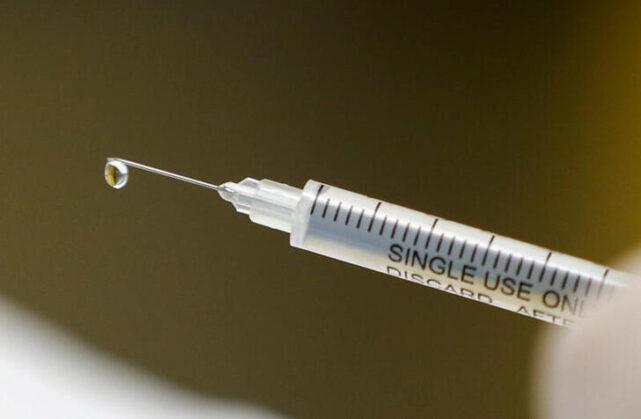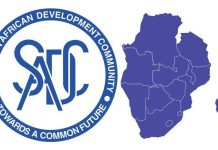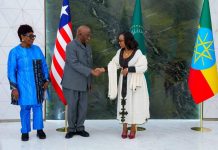Africa-Press – Lesotho. The interruption in the COVID-19 vaccine trial at South Africa’s University of the Witwatersrand following the suspension of the partner trial in the UK is grounds for reassurance rather than alarm. The UK trial for the vaccine candidate developed by AstraZeneca was paused on 8 September after a patient developed an unspecified illness.
University of the Witwatersrand (Wits), which is collaborating with the University of Oxford and the Oxford Jenner Institute and vaccinated the first candidates in June, followed suit, citing standard regulatory procedure.
The South African study is overseen by the same safety committee as that in the UK. Pausing the trials is “application of sound clinical practice and demonstrates the rigour of the independent oversight process”, Professor Shabir Madhi – who is leading the trial at Wits – said in a statement.
“Assessing the safety of the vaccine is the reason why studies such as these are essential in South Africa.
The interruption highlights the danger of the deeply misguided race to be the first to register an approved vaccine.
The worst-case scenario is undermining public confidence in vaccinations by rushing them out too quickly. The fact that one person has some kind of illness does not affect the prospects for any vaccine candidate.
Such an occurrence is common in trials. World stock markets, experienced in evaluating the fluctuating prospects for the development of “blockbuster” drugs, disregarded the news and posted gains for the day.
Madhi told The Africa Report in June that, even in a best-case scenario, he saw no prospect of an effective vaccine being widely available before the middle of 2021.
That timetable can easily slip if trials are delayed. Globally, however, a much bigger concern is getting the trials to reflect the populations that they aim to protect.
Lack of sufficient black representation in the testing groups could lead to vaccines being delayed until enough people come forward. That’s reflected in a relative lack of confidence among American blacks in any future vaccine.
Many studies have pointed to differing rates of COVID-19 infection and mortality among different races and ethnicities. No-one really knows if people from some ethnic backgrounds are more vulnerable for others, or whether the differences are explained by living conditions, access to healthcare and state of health.
There’s only one way to find out if a vaccine will work equally on different groups and that’s to carry out representative trials. Cutting corners will only undermine the global credibility of whichever candidates are finally used.
For More News And Analysis About Lesotho Follow Africa-Press






